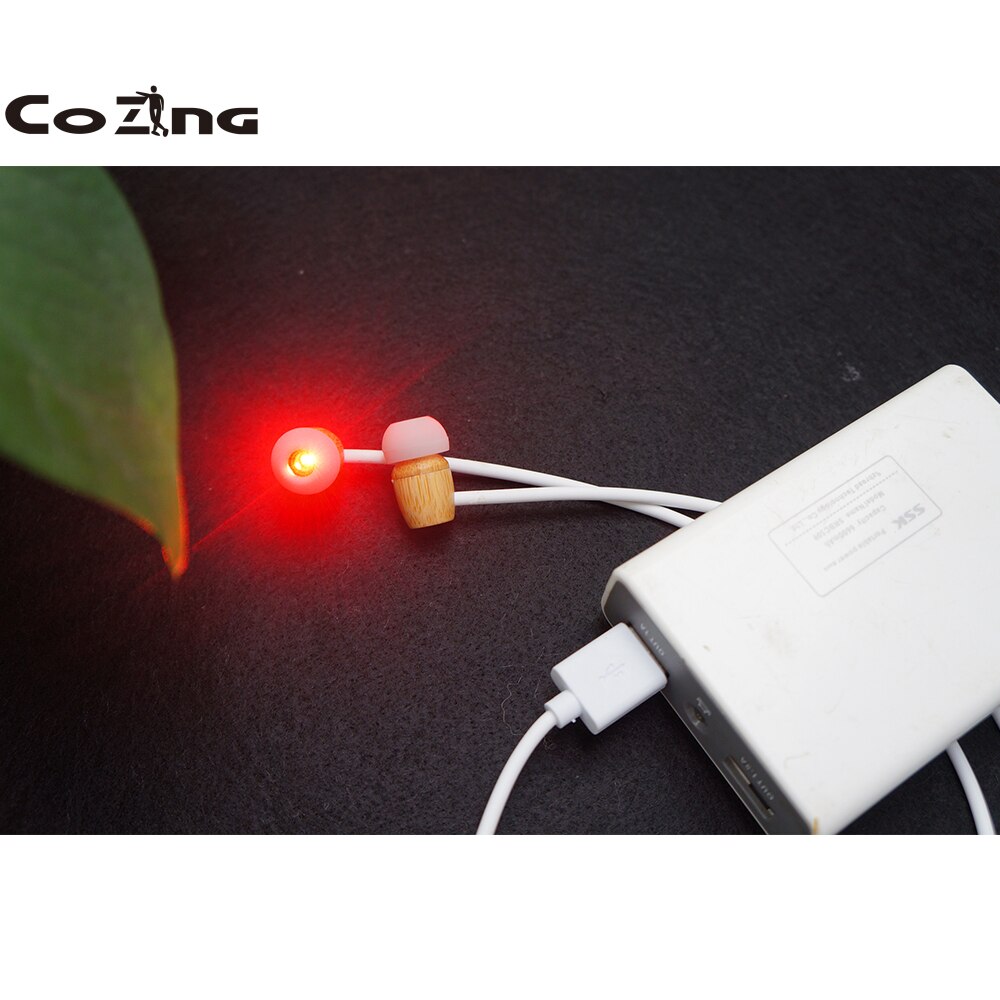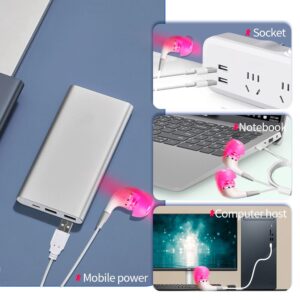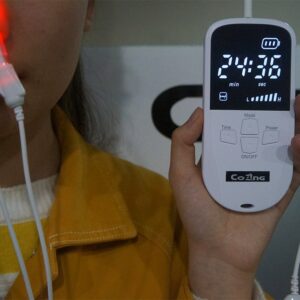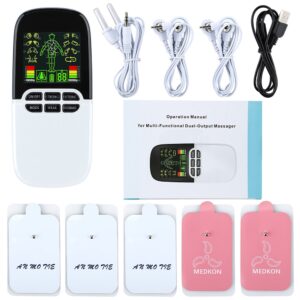
There are two primary types of hearing aid chargers available to choose from when it comes to charging your hearing aids: wired and wireless chargers. Both types of chargers come with their own set of benefits and drawbacks; the one that is best suited to your needs will depend on a number of factors, including your lifestyle, how convenient it is, and how much it costs.
Charging devices for hearing aids that are powered by wires are the more conventional choice and have been available for a considerable amount of time. Hearing aids often come with a power cable that can be plugged into an electrical outlet and a charging station that can keep your hearing aids in place while they are charging. Both of these components are typically included in the package. Get good hearing aid chargers only!

The fact that wired hearing aid chargers are often sold at lower prices than their wireless counterparts is one of the most significant benefits of these types of chargers. Because of this, many people who are searching for options that are easy on their wallets choose them as an alternative. In comparison to wireless chargers, they are often more dependable and have a life that is far longer. Because they do not rely on wireless technology, they are not as prone to interference or compatibility problems as wireless technologies are. Check out this 4 new hearing aid chargers
However, using a wired hearing aid charger does come with a few drawbacks that you should be aware of. In the first place, you have to manually connect the charger to an outlet, which might be an inconvenience if there isn’t an outlet in the immediate area. Second, the power cable may provide a tripping danger, which is particularly important to keep in mind if you have small children or pets in the house. One last drawback is that, in comparison to wireless chargers, they are not as portable, which might be an issue if you travel a lot.
Because of its cutting-edge technology and user-friendliness, wireless hearing aid chargers have been an increasingly popular option over the course of the last several years. Instead of the more conventional method of using a power cord, your hearing aids will make use of wireless charging technology in order to be recharged. This may be performed via the use of magnetic induction or by using a charging pad that does not need direct contact with the device being charged.
The fact that wireless hearing aid chargers are more easily accessible than their wired counterparts is one of the most significant advantages they provide. You do not need to worry about tripping over a cord or forgetting to plug them in since none of those things will happen. In addition, some wireless chargers are small enough to fit in a pocket or purse, making them a perfect option for those who are always on the go. In addition to that, they often have a sleek and modern design that, if exhibited properly, would look excellent on a desk or a nightstand.

On the other hand, you should be aware that utilizing a wireless hearing aid charger does come with a few limitations that might affect your experience. To begin, their price is often more than that of their wired equivalents in most cases. This may provide a challenge for those who are doing their best to make do with a restricted financial budget.
Second, their reliability may not be as great as that of cable chargers since they are prone to being influenced by electromagnetic interference or other wireless signals. Cable chargers do not have this vulnerability. Last but not least, the fact that they need a moderate to a high level of technical competence to install and run is a potential turnoff for certain customers. Save more with these new hearing aid chargers ; oticon hearing aids charger
Your individual tastes and the characteristics of your hearing aids should ultimately guide your decision between wired and wireless hearing aid chargers. When deciding which of the two options to go with, here are some things to keep in mind:
It is essential that you follow the directions provided by the manufacturer while charging your hearing aids, and this is true regardless of the kind of charger that you use. In addition, giving your hearing aids the attention and care they need is essential if you want them to continue operating at peak performance. To keep them in working order and protect them from being broken, you should keep them away from high temperatures and moisture and give them a good cleaning on a regular basis. Get good and affordable hearing aid chargers here ; phonak hearing aid charger, Oticon hearing aid charger, linner nova hearing aid charger, etc

In conclusion, there are a variety of things to think about when it comes to selecting the appropriate hearing aid charger for your device. While wireless chargers offer portability and convenience, wired chargers are less expensive and more dependable than their wireless counterparts. In the end, the decision between the two relies on your own tastes and the requirements you have. No matter the course of action you decide to take, the most important thing is to make sure that you use and maintain your hearing aids in accordance with the instructions provided by the manufacturer. This will ensure that they remain in excellent working condition for the longest amount of time possible.
How to Manage Tinnitus at Home: If tinnitus is mostly noticed in quiet situations, first you should try using a white noise machine to mask the noise. If you don’t have a white noise machine, a fan, soft music or low-volumed static radio will help.




How do you deal with tinnitus? If tinnitus is mostly noticeable in quiet situations, try using a white noise machine to mask the noise from tinnitus. If you don’t have a white noise machine, a fan, soft music or low-volume radio static also may help.